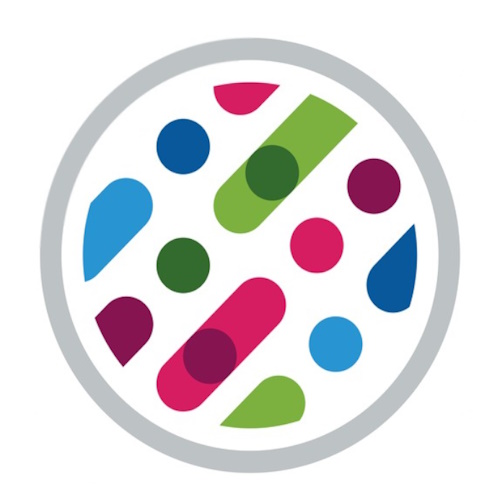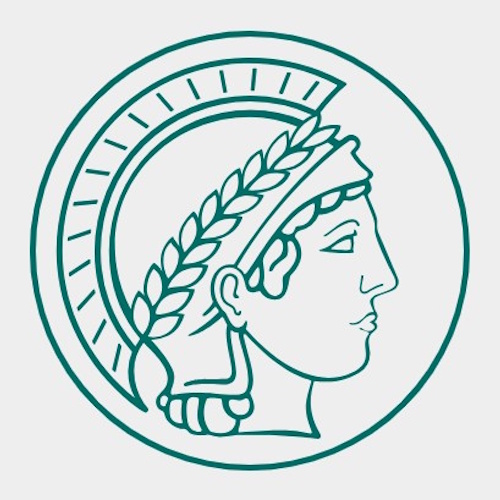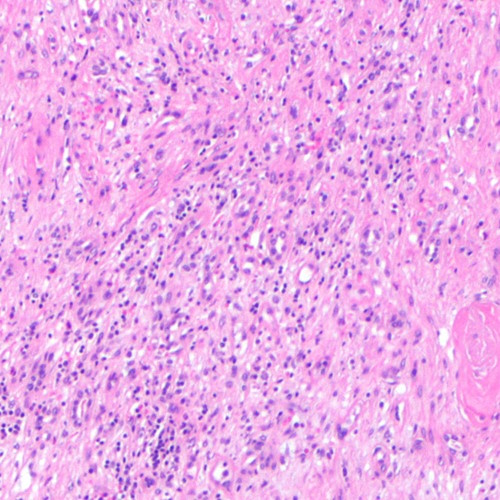Key points from article :
As we age, the immune system gradually becomes impaired.
One aspect of this impairment is chronic inflammation in the elderly.
Chronic inflammation is associated with arthritis and Alzheimer’s disease, and impaired immune responses.
Scientists discovered a change in an evolutionarily conserved gene called PUF60 in the tiny roundworm, Caenorhabditis elegans.
Worms with this change lived about 20% longer, but when infected, they succumbed more quickly to the infection.
An overactive immune system shortens life span.
Conversely, a less active immune system pays off as longer life span – as long as the animal does not die from an infection.
"Notably pinpointing how PUF60 activity affects immunity and longevity will be central to understanding the relationship between inflammation and ageing” - Adam Antebi, Lead author.
Research by Max Planck Institute for Biology of Ageing published in eLife.






